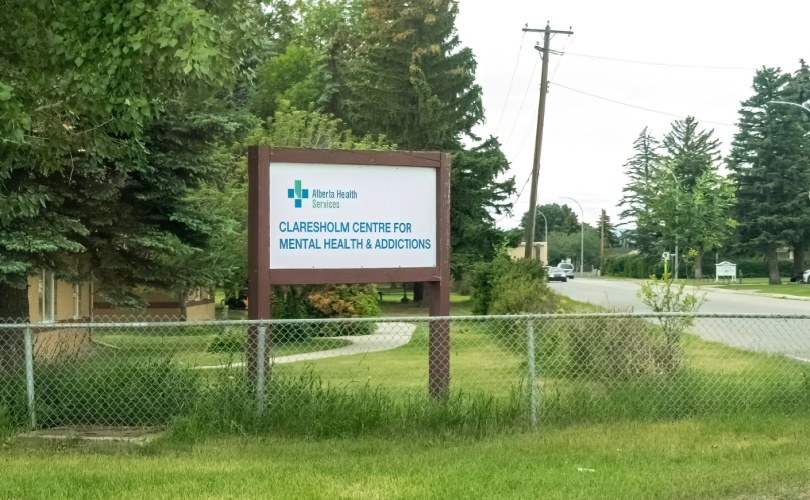
EDMONTON, Alberta (LifeSiteNews) – Deaths related to opioid and other drug overdoses in the Canadian province of Alberta have fallen to their lowest levels in years after the Conservative government began to focus on helping addicts via a recovery-based approach instead of the Liberal-minded, so-called “safe-supply” method.
According to data released by the United Conservative Party (UCP) government via its “Alberta substance use surveillance system,” which was updated in August, there was a 55 percent decrease in opioid-related deaths in May 2024 compared with May 2023.
The data revealed that deaths by deadly drugs fell to 72 in May, which was the lowest reported since March 2020 when 71 deaths were reported.
At their peak, opioid-related deaths spiked at 185 in March 2023. Since that time, deaths have been on the decline.
Dan Williams, who serves as Alberta’s mental health and addictions minister, noted to the media in a recent statement that it is his view that a recovery-based approach to dealing and helping addicts is the right way to go as opposed to giving out free drugs, which is done in British Columbia.
He said that, in his view, he is “cautiously optimistic” that the declining deaths are due to focusing on a recovery-based model when dealing with the rampant abuse of illicit drugs.
Williams said that the UCP government believes that for people suffering from “the disease of addiction, recovery is possible.”
“We are turning words into action and giving people an opportunity to pursue recovery,” he said.
The Alberta government’s recovery-based approach specifically focuses on prevention and the treatment of addicts as well as a long-term recovery support model.
The federal government of Prime Minister Justin Trudeau claims their “safer supply” program is good because it is “providing prescribed medications as a safer alternative to the toxic illegal drug supply to people who are at high risk of overdose.”
However, studies have shown that these programs often lead to an excess of deaths from overdose in areas where they are allowed.
In British Columbia and Ontario, the so-called “safer supply” model has been in use and promoted by current and former governments. However, Ontario Premier Doug Ford, as reported by LifeSiteNews recently, said he wants to end safer “supply” in his province. He said Trudeau’s continued push for lax drug policies has effectively turned the federal government into “the biggest drug dealer in the entire country.”
Williams observed that the “safer supply” model is not something Alberta will be doing, and instead will focus on “expanding access to the treatment and recovery services we know save lives.”
While drug overdose deaths have dipped slightly in British Columbia and Ontario, they are still extremely high, with 185 deaths alone in June just in British Columbia.
The NDP provincial government of British Columbia and the Trudeau feds are proponents of legalizing some hard drugs. Alberta is opposed to such a policy.
While many of the Trudeau government’s lax drug policies continue, it has been forced to backpedal on some of its most extreme actions.
After his federal government allowed the province of British Columbia to decriminalize the possession of hard drugs, including heroin, cocaine, fentanyl, meth and MDMA beginning on January 1, 2023, reports of overdoses and chaos began skyrocketing, leading the province to request that Trudeau re-criminalize drugs in public spaces.
A week later, the Trudeau government relented and accepted British Columbia’s request.

